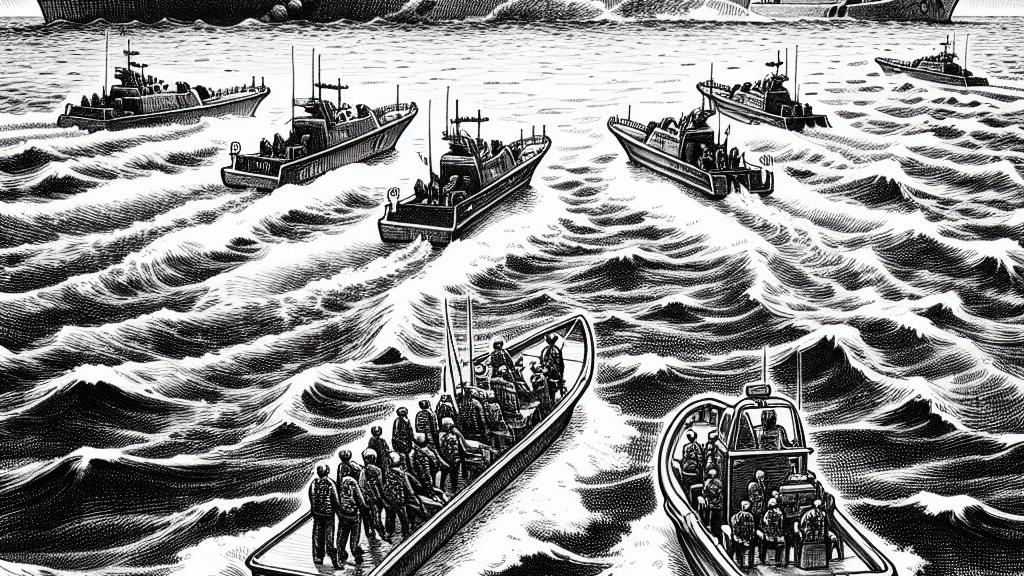Understanding Taiwan and China's Evolving Military Tensions
Overview
- Taiwan faces a significant and evolving military threat amid rising tensions with China.
- Recent diplomatic meetings highlight the delicate balance of power and growing political divides.
- The U.S. is actively reinforcing its commitment to regional allies and stabilizing the situation.

Taiwan's Defense Posture
In recent years, Taiwan has found itself at a crossroads of increasing military threats from China. Since 2022, the intensity and scale of Chinese naval drills have ramped up considerably, with visible demonstrations of force off Taiwan's shores. For instance, just last month, Taiwanese coast guard vessels were seen tailing Chinese warships maneuvering dangerously close to Taiwan's waters. This isn't just strategic posturing; it sends a powerful message to both Taiwan and the broader region about China's military ambitions. Importantly, each military exercise amplifies the fear and uncertainty that Taiwanese citizens feel about their security, leading to a national push for a more robust defense strategy that aligns with their desire for self-determination.
High-Level Diplomatic Moves
A significant political moment occurred when Chinese President Xi Jinping hosted former Taiwanese President Ma Ying-jeou in a rare act of diplomatic engagement. This historic meeting, the first of its kind since the Kuomintang retreated to Taiwan in 1949, is a reflection of complex relations between the two entities; it symbolizes a longing for past amicability while highlighting present-day political divides. Xi praised Ma's efforts in promoting unity under the 'one China' banner, but the irony is rich—this meeting occurred just days before Taiwan's elections that could solidify an independent stance. These contrasting sentiments demonstrate how deeply the political landscape has shifted; many Taiwanese now fiercely identify with their sovereignty, resisting any overtures that might imply subservience to Beijing.
U.S. Involvement in Regional Security
The United States remains an indispensable actor in this unfolding drama. With China's military expansion, the U.S. has taken proactive measures to strengthen alliances with nations like Japan and the Philippines. This commitment, illustrated through recent joint military exercises, signals to China that aggression will not go unanswered. For example, military maneuvers involving U.S. naval forces patrolling the South China Sea serve as a stark reminder that American interests in stability are locked in a complex dynamic with Chinese ambitions. As President Biden hosts key summits to discuss these pressing issues, it becomes increasingly clear that the future of Taiwan will involve not just regional players but global stakeholders, all working together to prevent a crisis that could destabilize the entire area.

Loading...